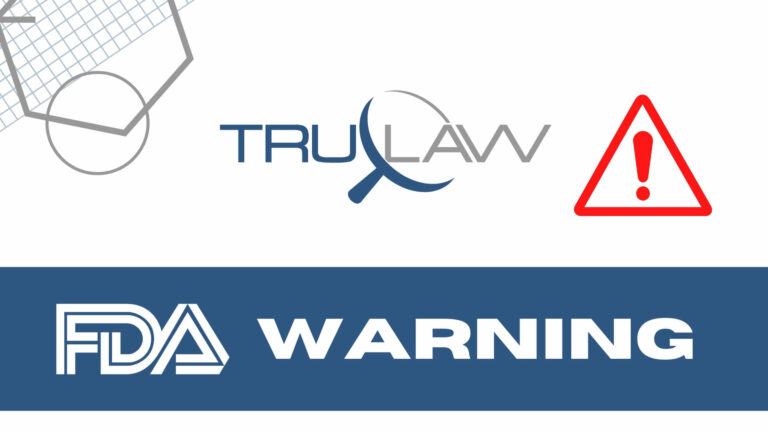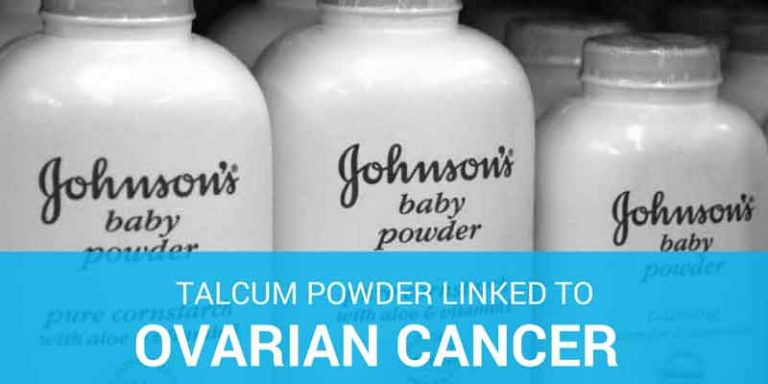
FDA warns – Single batch of St. Jerome cheese recalled by Kenny’s Farmhouse Cheese due to potential Listeria contamination
Austin, Kentucky-based Kenny’s Farmhouse Cheese has recalled batch 231129 of its St. Jerome cheese after routine testing conducted by the Kentucky Department of Public Health showed the organism Listeria monocytogenes to be present in a single package, reports the FDA. While healthy people infected with


